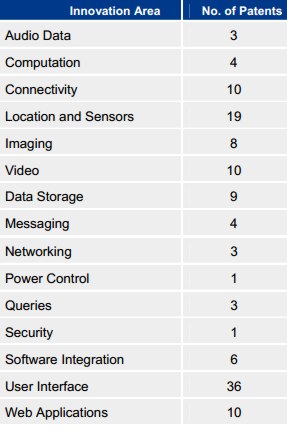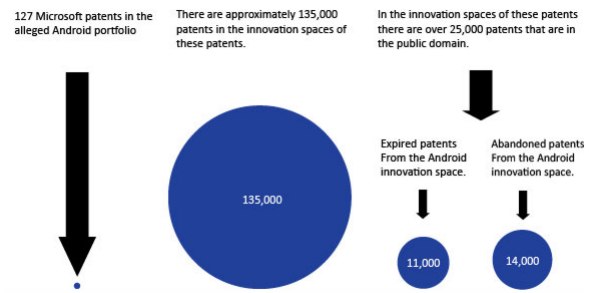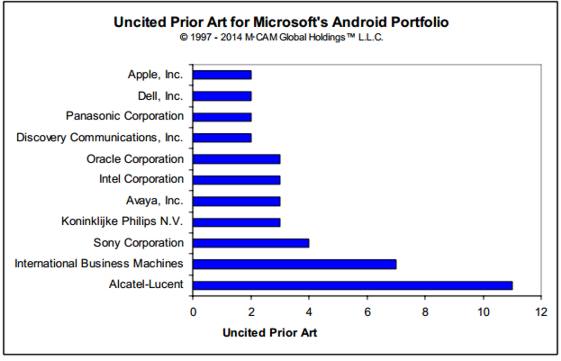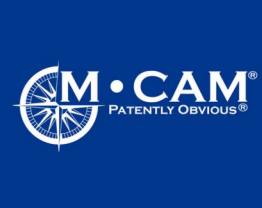| Microsoft's Android Patents Found Wanting |
| Written by Alex Armstrong | |||
| Wednesday, 16 July 2014 | |||
|
After details were revealed of the Android Patents that Microsoft uses within licensing deals with handset manufacturers, a report casts doubt on the validity of many of them. Microsoft currently makes a lot of money from its portfolio of Android patents. Zdnet reported last November that industry analyst, Rick Shetland of Nomura, estimated that its Android licencing agreements earned Microsoft on average $5 per unit on each Android sold, providing it with an income of around $2bn a year, which it used to offset losses in its entertainment and devices division (EDD), covering Xbox, Windows Phone and Skype. Microsoft had only ever disclosed the patents and fees involved in licensing deals when required to do so for legal reasons. However, in April a list of 310 patents was published by the Chinese Ministry of Commerce as part of a Chinese government antitrust review relating to Microsoft's purchase of Nokia. Now M-Cam, a global financial institution that advises corporations and investors on corporate finance and asset allocation by underwriting intellectual property (IP) and intangible assets (IA), has published a report in its Patently Obvious series. Commenting on why MOFCOM disclosed the list of patents, which comprises 73 "standard-essential” patents (SEPs) for smartphones; 127 patents which are “implemented in Android”; and 110 “nonstandard-essential” patents and applications (non-SEPs), M-Cam states: With this disclosure, China may be attempting to counteract Microsoft’s chokehold on the smartphone market. By disclosing the detailed list of these patents, companies who currently pay a license to Microsoft for the Android platform may discover that they have patents on the same technologies which precede Microsoft’s patents. This may create an opening for them to either negotiate a better deal or demand that Microsoft license from them. The report goes on to look into the 127 alleged Android patents in Microsoft’s portfolio which cover the following areas:
M-CAM assessed this portfolio using its proprietary asset underwriting assessment, which measures the commercial strength and transferability of each patent allocating them as commercial patents, i.e. ones linked directly with cash flows which may have a basis for licensing, or non-commercial, i.e. patents have little chance of being licensed, lacking market relevance, or being liabilities to the holder due to prosecution impairments. It concluded:
The report also presents this diagram of patents in the innovation spaces of Microsoft's alleged Android patent portfolio in which the size of the circles show relative significance.
Commenting on this diagram, M-Cam states: There are a surprising amount of abandoned and expired patents already in this space. Much of the Android platform may, in fact, be a 'Freedom to Operate' space and already part of the public domain. There may well be alternatives to the Microsoft licensing packages that could be assembled from the rich vein of patents that occupy the 'Freedom to Operate' space.
M-CAM went on to look for other entities holding patents that preceded Microsoft's Android patents and found that more than 40 of Microsoft's commercially viable patents had been preceded by patents from other companies:
In sum, M-Cam's analysis suggests that Microsoft's claim to ownership of the Android OS may not be as strong as it has hitherto insisted it is and it asks: The question remains as to whether Microsoft actually owns proprietary rights to the Android OS or is the company unfairly taxing device makers by exploiting an uninformed belief in its supposed innovation?
More InformationM-Cam Patently Obvious - Intellectual Property Analysis of Microsoft patents related to Android Related ArticlesHalloween Patents Threaten Google And Android Microsoft's Patent Tracker Goes Live
To be informed about new articles on I Programmer, install the I Programmer Toolbar, subscribe to the RSS feed, follow us on, Twitter, Facebook, Google+ or Linkedin, or sign up for our weekly newsletter.
Comments
or email your comment to: comments@i-programmer.info |
|||
| Last Updated ( Wednesday, 16 July 2014 ) |





